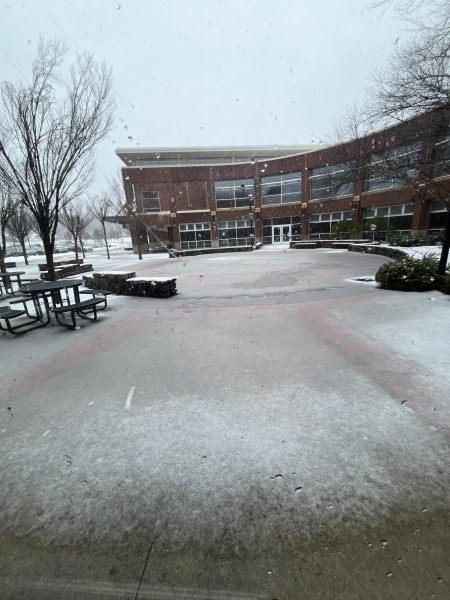Gap Years Should be Better Accepted Everyday
June 11, 2019
Colleges and universities are becoming more and more competitive. There is an enormous pressure put into students to do well in high school, and then go right to college in modern society, both from schools and parents themselves.
Many students put grades before any social friend or family event, sleeping, or even their mental health. Because of the amount of pressure students receive about getting into school, by the time they get to college or university they have not figured out exactly who they want to be or where their career is going. Many college kids just hope to find it along the way.
Fortunately, there is a perfect solution to this problem: a gap year, a year that high school graduates have in between high school and college to figure out where they want to go in life, and what they want to do.
Unfortunately, gap years have received a bad reputation, and many parents and schools look down on them, deeming them the “irresponsible option.” However, taking a gap year might just be the most responsible option, especially for students struggling with their future plans.
When students just try to jump into college, a lot of problems can occur. For all of their lives until graduation, teenagers have always had a very mapped out life. The instructions were very clear cut. First you went to elementary school, and then middle school, then high school.
But then when they turn eighteen, all bets are off and they are just thrown into a life where all of a sudden they have to figure it all out. And “figuring it out” can be a massive struggle for some kids.
According to a study conducted in 2011-2012, about 1/3 of college students change their major in their first three years. And one in ten students change their major twice.
Furthermore, according to a 2015 report provided by the National Student Clearinghouse Research Center nearly one third of students also end up transferring colleges or universities.
Both of these situations put a lot of stress on the student, their career, and of course, their bank account. It is unrealistic that more students taking gap years would fix these numbers, but they will certainly bring them down.
If students change majors and schools all in the first three years, imagine what one year of just students being in the world, working and learning about themselves could do. If gap years were more respected, by parents and the general public, students would be able to feel the support of the people around them to go back to school the following year. Gap years could save students a lot of time, money and stress if they were better accepted.


















